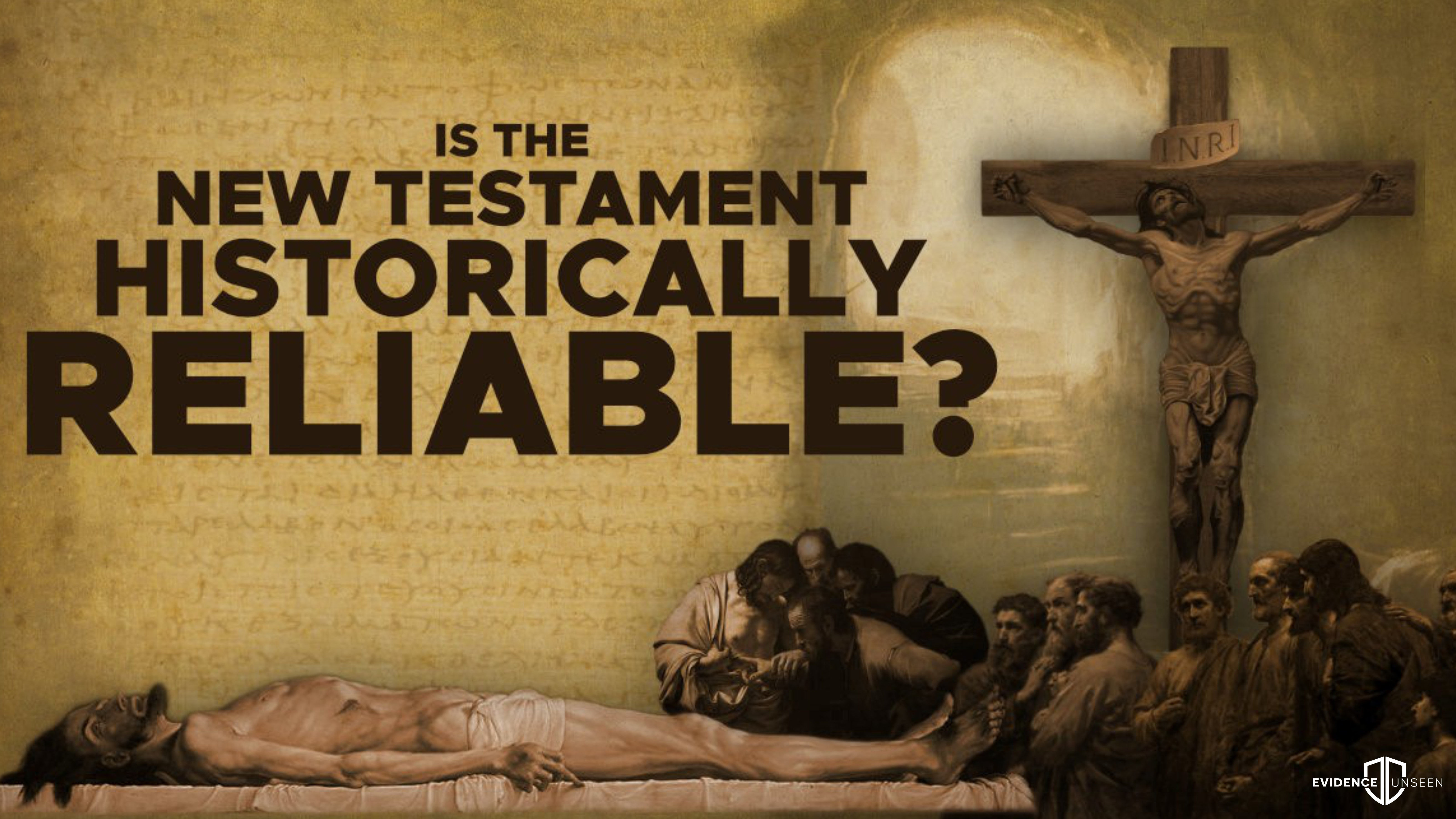In this class, students will learn about the various methods and criteria used by scholars to determine the dates of the New Testament Gospels. Through analyzing historical, linguistic, and archaeological evidence, students will gain insights into the possible timeframes in which the Gospels were written and the implications for understanding early Christianity.

